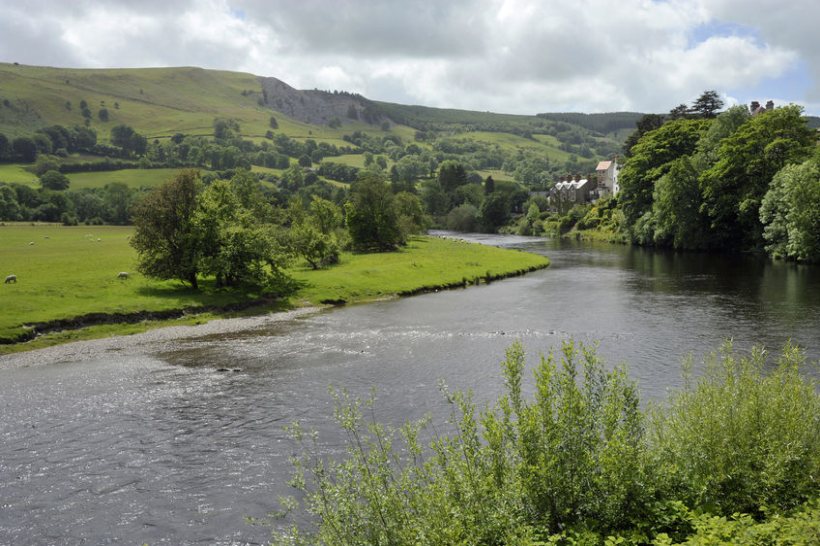
Tougher action is needed to clamp down on agriculture pollution as rivers in England are being hit with a 'chemical cocktail' of slurry and sewage, a parliamentary committee has warned.
Only 14% of English rivers meet good ecological status, with pollution from farming and sewage severely impacting water quality, according to the Environmental Audit Committee (EAC).
In a new report, MPs who sit on the parliamentary committee highlight that not a single river in England has received a clean bill of health for chemical contamination.
They warn that poor water quality in rivers is a result of chronic underinvestment and multiple failures in monitoring, governance and enforcement.
Budget cuts to the Environment Agency have hampered the ability to monitor water quality in rivers and detect permit breaches or pollution incidents from the water sector and farming.
According to the EAC's report, the impact of rural diffuse pollution is the most common form of pollution preventing rivers from achieving good ecological status.
Intensive livestock and poultry farming is putting 'enormous pressure' on particular catchments, such as that flowing into the River Wye.
The EAC says this may be raising the river's phosphorus levels, however, Natural Resources Wales and Welsh farming bodies reject this claim.
MPs are calling for each catchment to have a nutrient budget calculated, with pollution then 'progressively reduced' from all sources in the catchment until it does not exceed the capacity of the river to handle the nutrients.
They are also calling for new poultry farms to not receive planning permission in catchments exceeding their nutrient budgets.
Looking at the water sector, the report says firms appear to be dumping untreated or partially treated sewage in rivers regularly, often breaching the terms of permits that only allow this in exceptional circumstances.
An urgent review of water companies’ self-monitoring is needed, the parliamentary committee says.
The EAC heard that, until the passing of the Environment Act last year, there had been a lack of political will to improve water quality.
It blames successive governments, water firms and regulators for "turning a blind eye to antiquated practices of dumping sewage and other pollutants in rivers".
EAC chairman, Philip Dunne MP said his inquiry had uncovered multiple failures in the monitoring, governance and enforcement on water quality.
"For too long, the government, regulators and the water industry have allowed a Victorian sewerage system to buckle under increasing pressure," he added.
"Monitoring regimes need to be reviewed, enforcement needs to be ramped up, and even public awareness needs boosting on what can and cannot be poured down drains or flushed down the toilet.
"So many emerging pollutants are being missed by inadequate and insufficient monitoring, and court actions against polluters have fallen dramatically."
